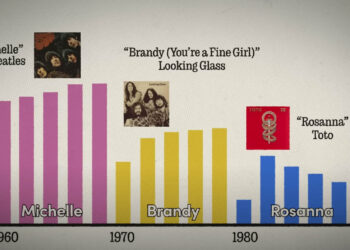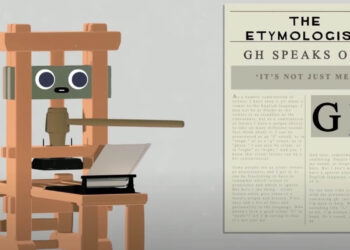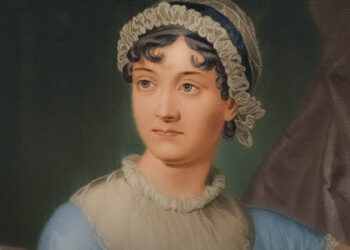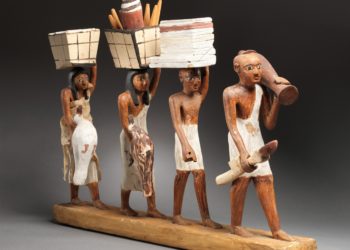Many years ago I was involved in a project to create an online product that was meant to be a database for scientists. We essentially took our journals platform and pulled out many of the typical features of a journal and built the product. Then as we tried to sell it, we realized that a journal subscription model was our best choice, as well as figuring out that contributors were happier with a journal article on their CV than a listing from a database. So we had to reverse engineer back in all those journal features and retroactively create issues, covers, tables of contents and such. The video below made me think of this, as it looks at the history of bread, which as it became whiter, lost much of its nutritional content, which then had to be added back in artificially.
The whole story is fascinating in the circular nature of culture. It’s a story of the rise of mass production coupled with prejudice (coarse, dark bread was associated with poor immigrants and shunned). And then of course, over time the whole thing eventually flipped, and now homemade artisinal loaves of whole grain bread are seen as being of greater value, while processed white bread is now less desirable and associated with the lower classes. Also, there’s a really good Coldplay burn in the video.
Discussion
2 Thoughts on "Reverse Engineering, the Cycle of Culture, and the Dark History of White Bread"
Sort-of related to this the the strange business of egg-shell colour. In the UK, supermarket eggs used to be mixed brown and whire shells, but gradually they all became brown (perceived as healthier, I suppose) while (I’m told) white-shelled eggs went into food manufacturing. In the USA, however, it seems to have been the converse, with white shells being preferred by supermarkets. What we imagine to be a signal of ‘good’ food is often meaningless or deceptive.
When I was growing up in Massachusetts in the 1980s, there was a TV jingle “brown eggs are local eggs, and local eggs are fresh!” I still think about it every time I buy eggs…



